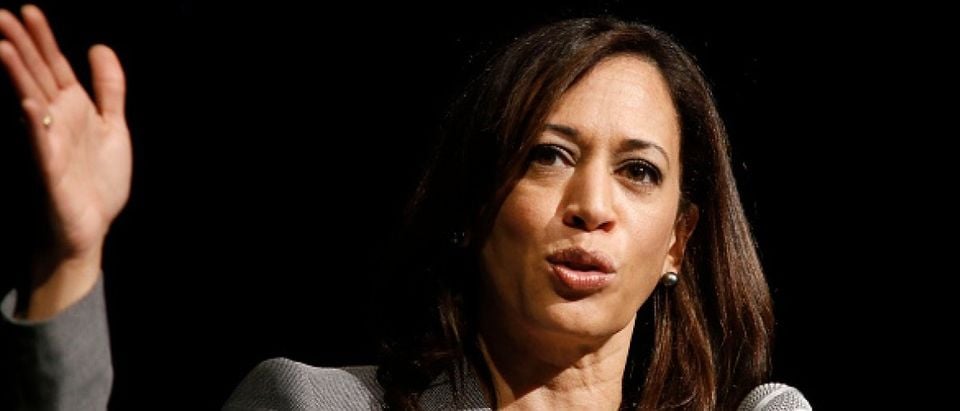Basic American civics courses teach that the First Amendment protects freedom of speech and freedom of association, without threat of government oversight and interference.
To its credit, last week a federal court ruled in favor of free speech, in a case that could ultimately have far-reaching consequences.
Foundational First Amendment rights were most famously challenged in the case of NAACP v. Alabama, in which the U.S. Supreme Court prevented the State of Alabama from compelling disclosure of that organization’s membership list. The Court wisely understood that failure to protect the NAACP’s membership list would imperil the organization and endanger the well-being of its supporters and their right to exercise the First Amendment freedoms guaranteed to all Americans.
Anyone who cherishes that Constitutional protection should be disturbed that many politicians and government officials want to do away with some of these protections for free speech. In recent years, there has been a concerted, cross-country campaign to force private organizations to hand over to the government their list of major supporters. A recent example of California Attorney General Kamala Harris’ new requirement that all non-profits registered in California submit to the state government the names and addresses of all their major financial supporters.
One of those organizations, the Americans for Prosperity Foundation, challenged this requirement in federal court. The Americans for Prosperity Foundation is a charitable organization that educates the public about the principles and benefits of a free society. It is legally prohibited from supporting individual candidates for office or otherwise engaging in the political process.
Even so, the foundation and related organizations have been singled out for partisan criticism by Ms. Harris and other leading Democrats, including President Obama. This almost certainly stems from the fact that Charles and David Koch are among its co-founders. In recent years, their ideological opponents have violently attacked the foundation in terrible ways — pushing a conference attendee down stairs, using razor blades to collapse an informational tent with volunteers inside, bombarding known supporters with individual death threats, and more.
The foundation’s supporters justifiably fear this vitriol, and remain worried about retaliation, harassment, and threats if their names and addresses are submitted to either Ms. Harris or the general public. Despite Ms. Harris’s assurances of confidentiality, during the court proceedings her officers were confronted with numerous instances in which her office published such highly sensitive information on her agency’s website.
And, of course, in recent times the IRS was caught at the center of a concerted, partisan effort to go after organizations that government officials decided were on the “wrong” side of the political spectrum, another example of how prone the politicians and bureaucrats are to misuse information about individuals with whom they disagree.
The burden Ms. Harris’ demand imposes on constitutional liberties is obvious and profound. No less than Americans’ freedoms of speech and association are at stake.
Critically, Ms. Harris struggled to explain why the state of California requires this information. AFP Foundation operated in the state for 10 years without submitting the names and addresses she now wants. In his ruling, Judge Real wrote the AG did not present “a single, concrete instance in which pre-investigation collection of [supporters’ information] did anything to advance the AG’s investigative, regulatory, or enforcement efforts.”
Nor could Ms. Harris explain how her office had made public more than 1,700 private supporter lists, while claiming to keep them private. The Court was equally baffled, writing that “while human error can sometimes be unavoidable, the amount of careless mistakes made by the Attorney General’s Registry is shocking.”
The Constitution’s First Amendment — with its twin guarantees of free speech and free association — leaves Americans free to support causes they believe in without the government keeping tabs on them. This is a foundational principle of our country’s democracy — one that protects every American, whatever their political beliefs and however popular or unpopular their views may be. Everyone who believes in these basic rights should be relieved that the federal court reminded Attorney General Harris that attacking these rights is unconstitutional.
Mario H. Lopez is the president of the Hispanic Leadership Fund, a national advocacy organization that promotes liberty, opportunity, and prosperity for all Americans.


